Messiah Complex - Commentary

Hi!
Before we go any further, heavy spoilers for the following great pieces of fiction.
Spoilers, as in I might mention specifics, but I mean a lot more.
When I read some novels, or watch TV, I like engaging the media, and I enjoy the process of discovery.
So if you're that kind of person, I'd recommend to stop reading this article, as soon as possible.
But if you're the kind of person that doesn't like spoilers, but are OK with patterns, see the list of referenced fiction, before continuing.
The problem with patterns, is that they talk about the heart of something - so as useful as they are in leetcode interviews, they have the opposite effect on entertainment.
Maybe, engineering a solution is anathema to the artist, because artists like creating problems.
Maybe, engineering and artistry are 2 sides of the same coin - you can only see both when you spin the coin.
Maybe......
Let's get started.
Heavy spoilers for the following pieces of great fiction:
- Mistborn
- Attack on Titan
- My Hero Academia
- Code Geass: Lelouch of the Rebellion
- Harry Potter
- V for Vendetta
- Lord of the Rings
I also reference a lot of GIFs, from a lot of anime; in case that's a spoiler for some of my readers.
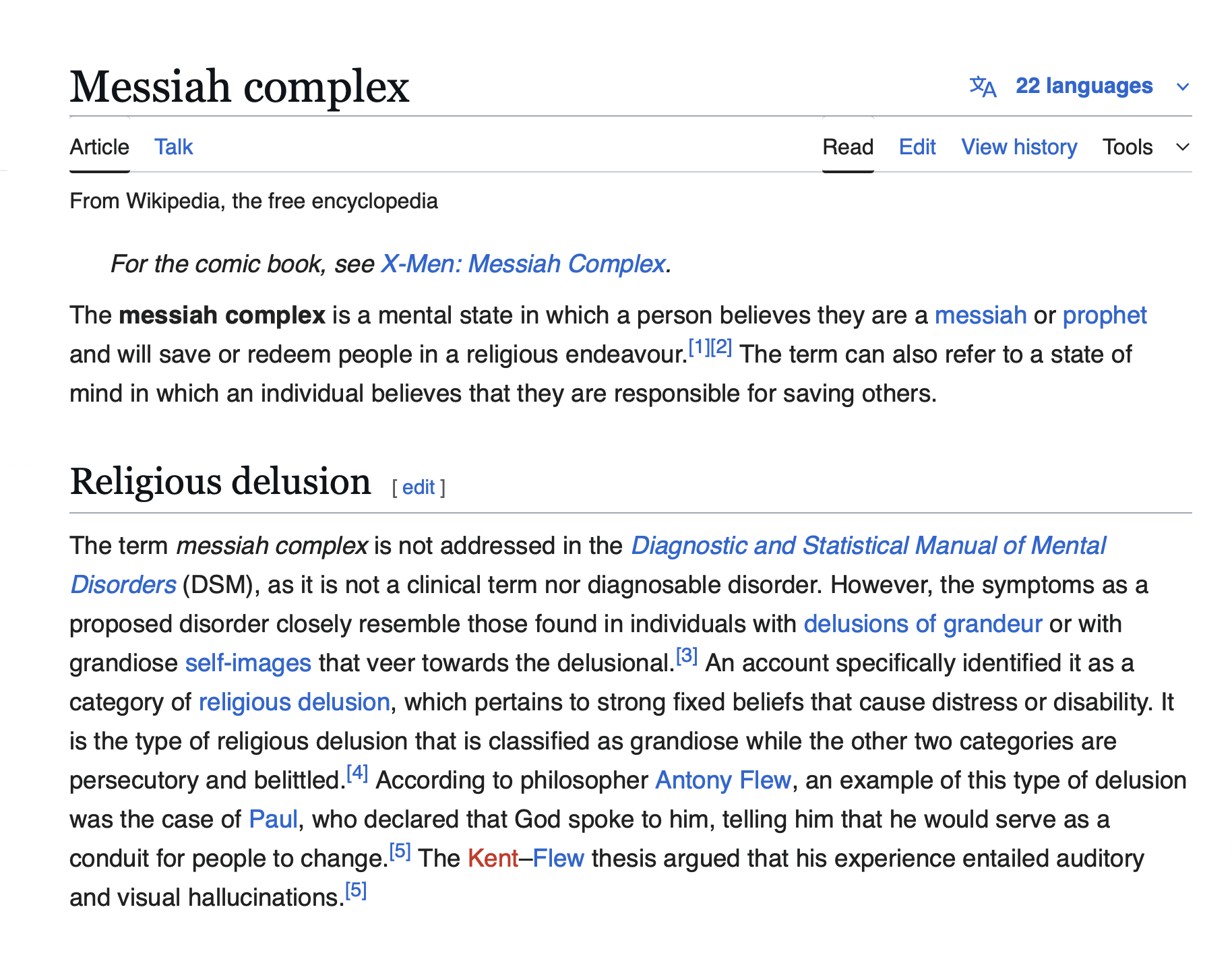
Some writers have pulled this off, very well.
Mistborn
One of the characters in the novel, is secretive about stealing from the powers that be.
As the novel moves forward, we see that his intention is to upend the world order, through a revolution, and what starts out as a fantastical heist, quickly becomes a mess. revolution.
Our favorite alloy-drinking heroes, succeed, but the mastermind plans for his own death at the hands of the book's villain, to trigger an emotional reaction from the crowd, who is watching.
....Of course, he also planned to increase his chances, like a true thief.
By then his crew had been working overtime, so when news of his death came, the stage was set for the world to rise against tyranny.
Soon, a monster that eats his dead body, walks around, and people start believing in the resurrection of the Savior.
That monster was on the crew, too, so well played 👍
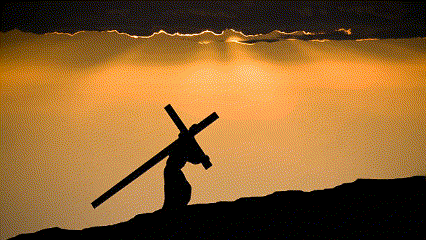
This writer's works, and thoughts, are worth reading:

Attack on Titan
With the genre of Attack on Titan, it's gore, it's dark themes, it's destruction, the fall of Eren Yeager feels more like the rise of Anti-Christ, than the fall of Jesus.
I don't know if this is intentional, but the motifs are there, especially the way he hangs on the cross mess of his body.
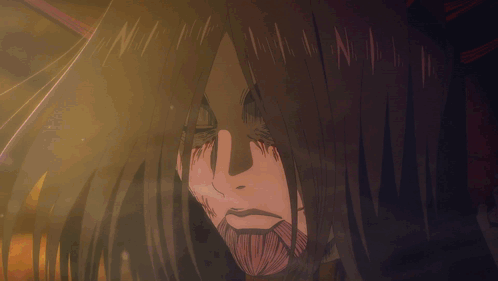
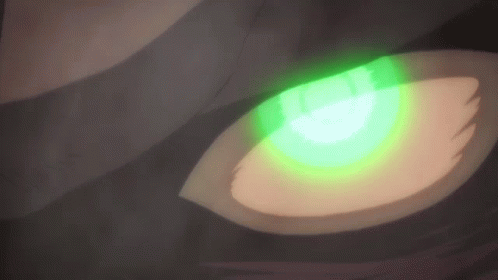
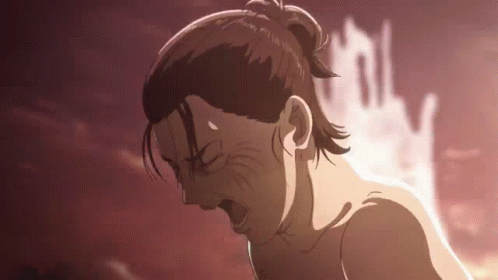
I predicted Mikasa killing Eren correctly - his end, was also the end of her character arc, and those 2 were heading in the same direction
It's pretty clear to me, that Eren had a clear lack of internal strength, where Jesus had, say, a lot of love for the world.

Like that, their differences are exactly opposite in nature.
For example, both of them:
- Wanted to protect what's important to them.
- Were willing to sacrifice themselves, if needed.
- Had a master plan, or a divine plan, depending on who we were talking about.
- Didn't succeed. Eren failed to protect Sasha, and evil exists. Conversely, sinners still exist, or unsaved people will be born later.
- Shied away from a successful marital life (please correct me if I am wrong, where Jesus is concerned).
- Struggled with the idea of oppression, though in Eren's case the true motivation was "irresponsible freedom even if it meant oppressing others"* - as in, "freedom for the sake of freedom", where Jesus say, surrendered to a better person (G-d).
Jesus suffered on the cross, but Eren wanted to take out as many enemies as he could.
In that, they both differ.
There is no resurrection motif here, unless we count Eren's conversation with Armin in the co-ordinate system, where Eren reveals that he was always a slave to freedom.
My Hero Academia
The anime deals with a lot of concepts.
It's set in a world where being a superhero is normalized, and the protagonist has no superpowers.
They're called quirks, though, and the hero is definitely very quirky.
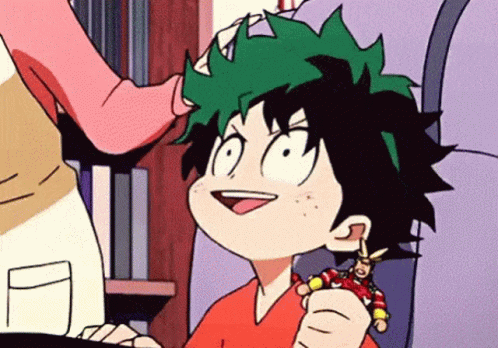
It's a Harry Potter theme, except Deku is not a superhero, and the Muggles are wizards. 80% of the world has quirks.
As such, I liked the world building. For example, superheroes are treated as rock stars, and tend to have their own agencies where they take interns.
Did My Hero Academia take anything from Watchmen?
Curious where the 'idea of being great is normal' started first - in graphic novels of the west, or anime.
With this focus on power, and virtue, our hero is inspired by a nice, kind, all mighty figure, whose superhero name is literally All Might.
You can see his in-universe action figure in the above gif, where baby Deku is watching All Might on TV.
But this GIF gives a better idea.
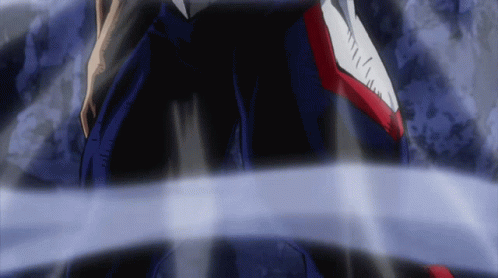
The reason I included My Hero Hogwarts Academia, is that the anime opens pretty quickly with an injured, burnt-out and deflated All Might.

It's a secret he is hesitant to reveal, as for a long time, all of society has come to rely on him to save the world, all the time.
An injury at work has made this unsustainable.
Colleague: You look tired.
All Might: Yeah, I saved the world. Again. Long day.
Thus, I see his character arc as the opposite of the main protagonists - what I call the Superman Complex:
If you can save someone, should you?
The idea of saving, goodness, virtue, power, and compulsion to save, feels fitting of the Messiah.
If you want to see how his arc ends, you will have to watch the anime- in this particular case, revealing the end doesn't add or subtract from my point.
Happy Heroing!
Harry Potter
This is something that took me by surprise. Harry Potter has a happy ending.
And Harry Potter is not the Messiah, though I guess you can say he fought, he died, and decided to come back.
No, that makes him the messiah....I forgot that he did die, and while Hagrid carried his dead body, he resurrected himself, and won the duel.
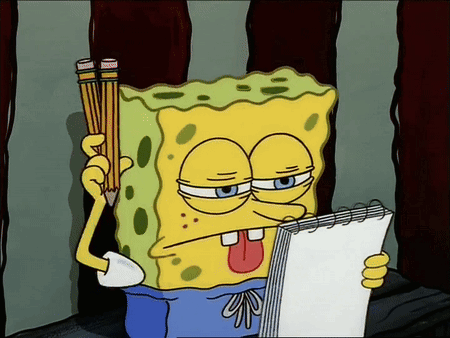
Let's restart, as I am trying to make a point.
I noticed something else when reading about Christ, and this thinking about Judas, immediately reminded me of Snape:
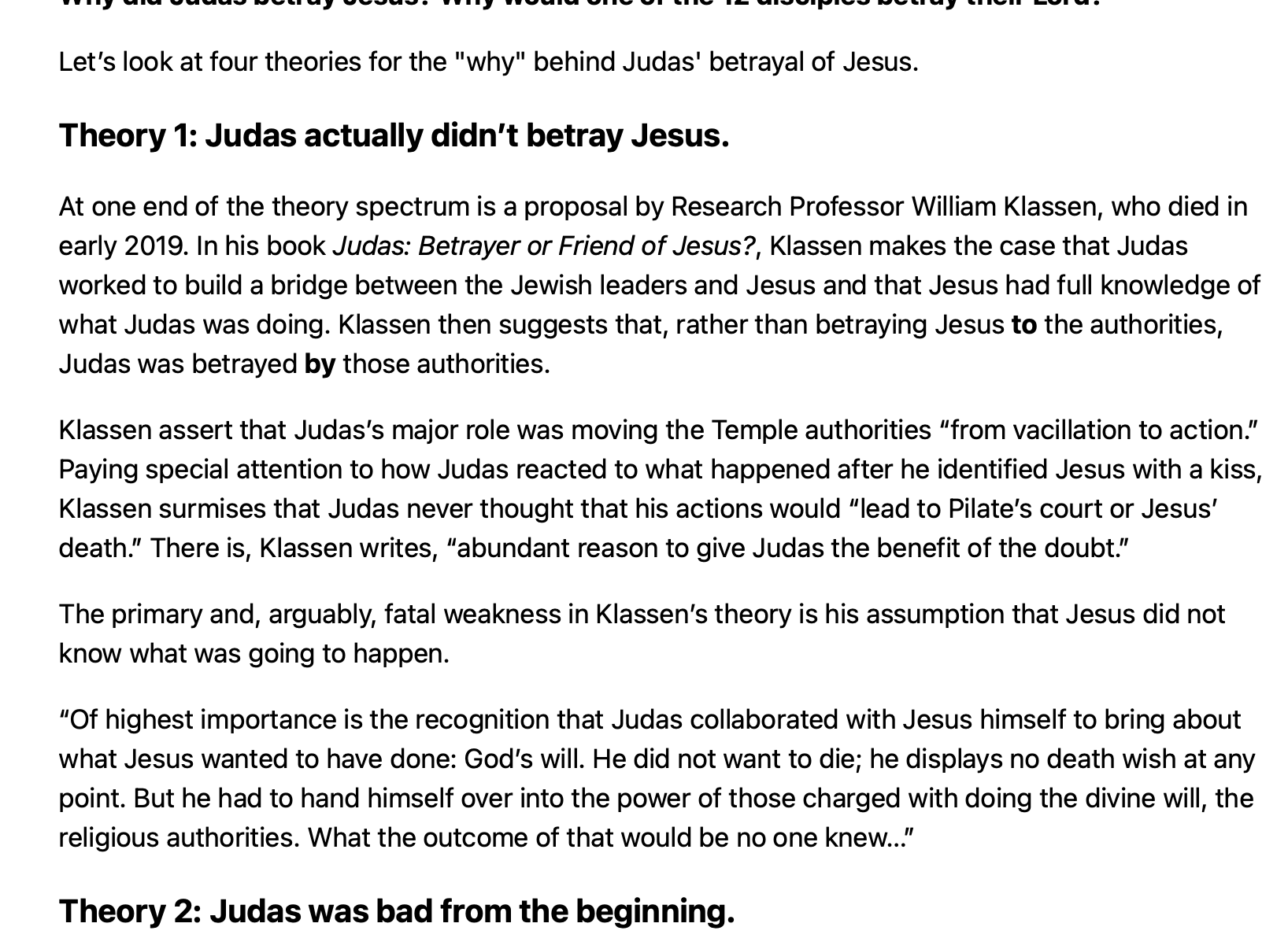
This brings us to Dumbledore - he trusted Snape.
As a mind reader, and advanced wizard, Snape was Dumbledore's ace and trump card, ready to be played against Voldemort.
So when the situation forces Dumbledore against Snape, in a duel, he begs Snape to kill him.
This will allow The Dark Lord to put even more trust in Snape.
Dumbledore: Please......Severus.
Severus Snape: Aveda kedavara.
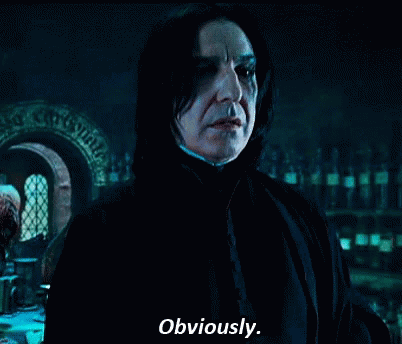
Code Geass: Lelouch of the Rebellion
The protagonist watches his mother assassinated in front of him, an event which makes his sister blind, from the shock of the event.
Being a member of the British Royal family, he now swears vengeance against the British Empire, and to kill all royal members.
There is a sense that if he and his sister were truly strong, they would have survived the politicking of their own family.
So Lelouch's intention wasn't just vengeance - it was also to create a new world based on a meritocracy, where talent is appreciated without nepotism.
At some point, Britain used advanced technology, to conquer the known world. So, Japan becomes a colony, and Lelouch was residing there, when his mom was assassinated.
To further his agenda of vengeance, Lelouch works with the Japanese resistance. He never reveals his face, and like a true prince, makes the resistance a strong, cohesive, well-organized fighting force.
That's how I would characterize the beginning of the anime.
(last chance to avoid spoilers)
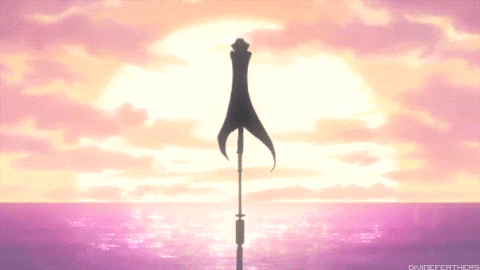
After painstakingly destabilizing and destroying the British Empire, and it's revealed that he himself is a prince, he becomes the King of Britannia.
By now, I already went through a lot - it's hard, watching a tight plan unfold in front of you, episode after episode, paying attention to the logic, being wary of the morality there in, and seeing how morally grey events are handled by both sides.
But, more importantly, the plan worked!
And then, the protagonist decides to save everyone, by first becoming a villain and unifying the world against him.
By this point, it was already a tough watch.....the anime was emotionally heavy, and does a good job of wrestling with questions of power, and agency.
But he doesn't stop there. He has anyone resisting him, killed.
Then he makes a bid to become a global dictator.
After becoming a global dictator, he commands his friend to kill him, while his friend wears his mask.....
To the world, the last major villain is killed by someone wearing the mask of Zero, ushering in a new world of peace and justice, and the threat that 'Zero' will reappear in times of need.
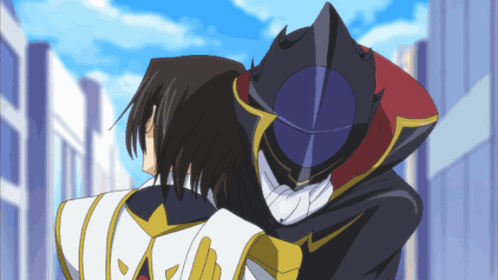
....Though I still think Lelouch wanted to take the easy way out.
His plan, ending in his intentional sacrifice reminds me of someone who can't bear suffering, and decides to make his death a benefit to humanity, along with killing people along the way if needed.
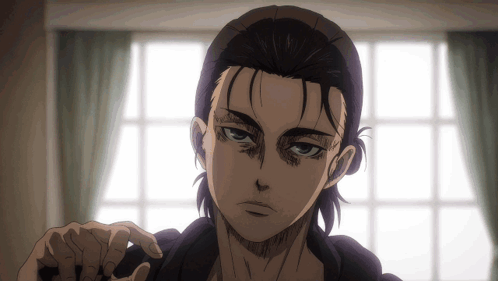
As this point, you can see the Messiah Complex, very clearly.
Lelouch's sister, for example, was against his intentional sacrifice.
At the very end of the anime, Lelouch uses the Geass on her, and she is able to resist it for a while, despite being disabled and blind.
I liked this scene, because it's very clear that she doesn't need saving, and her resilience in being strong throughout the movie, despite being a blind cripple, makes the now powerful protagonist, look weak.
....In fact, she then overcomes her blindness with sheer will. She was never blind - she herself was the victim of a geass, and her blindness was not somatic, but an erasure of memories by their father (long story).
Given the primary motivation of the hero, to destroy the world, and create a new one for his sister, the hero could have chosen to walk away, now that his sister could see.
......he decides to conquer anyway.
His sister calls him out on that, and we now start seeing his violence, in the guise of saving the world, as a sign of weakness.
This where the contrast begins, between the rise of a king, a global savior, dying on his throne, at the hands of an assassination he wanted, and Jesus.
In the beginning, his intentions were to recreate a fair world for his sister, through the destruction of the old world.
The motivation for that, as revealed through the entirety of the show, is anger and a desire to end things, and not out of an inherent desire to lead well.
Where a normal story would pivot here for a happy ending, the heroes of Attack on Titan and Code Geass continue to push the boundary of virtue, until their actions resemble anything but virtue.
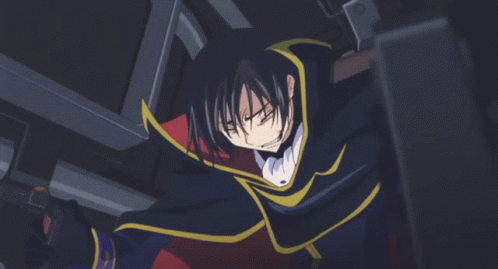
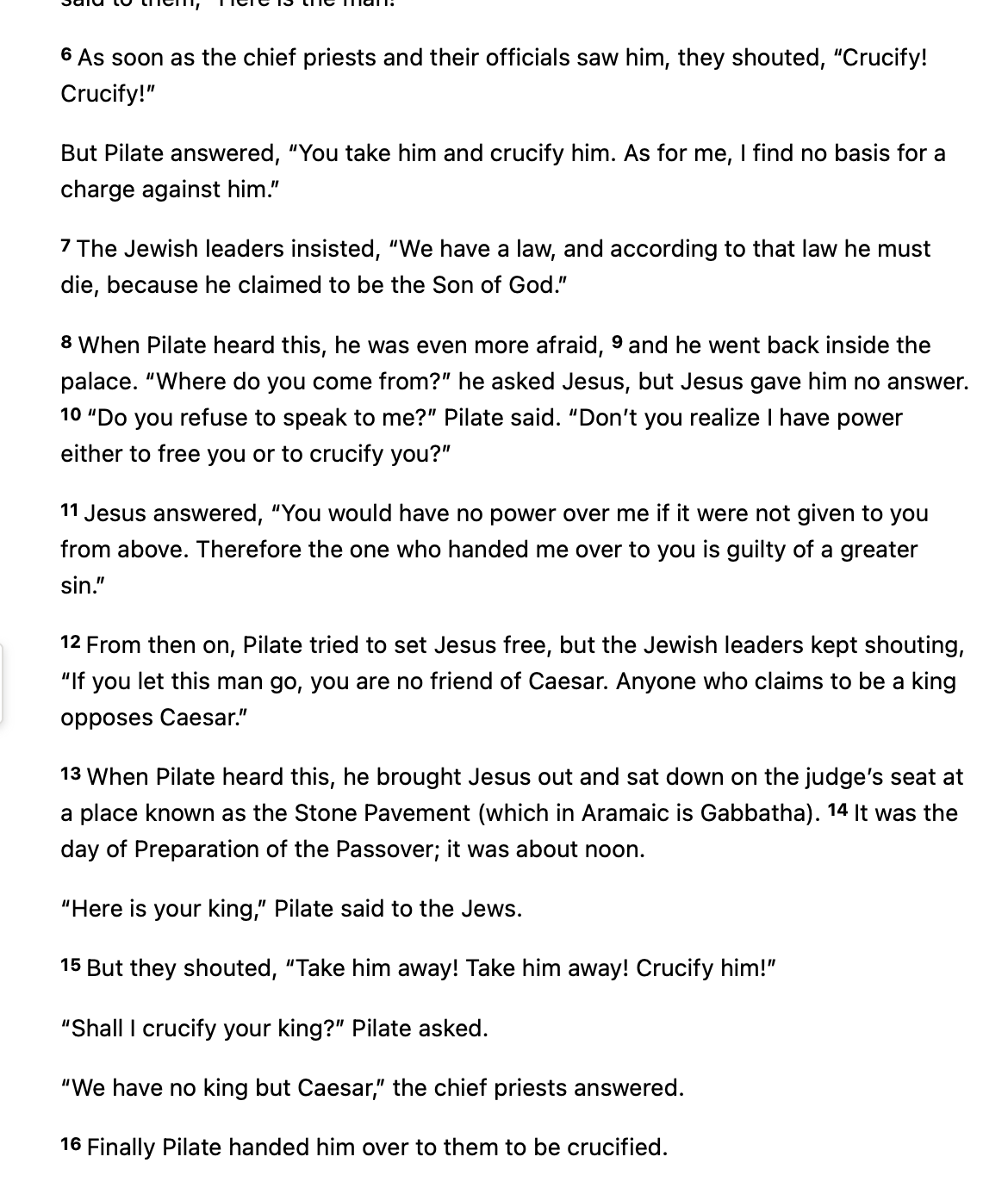
V for Vendetta
Like in Code Geass, and Attack on Titan, the following themes resemble what I know of Jesus:
- Willingness to protect
- Willingness to save
- Acceptance of suffering, for the greater good
- Prodigious talent.
The violence....that's a different matter entirely. Jesus was the opposite of violence.
Violence: I am here.
Jesus: I turned the cheek thrice already, aren't you bored?
Finally, at least in the movie version, the hero refuses to live a normal life with Evey, and insists that an "idea is bulletproof".
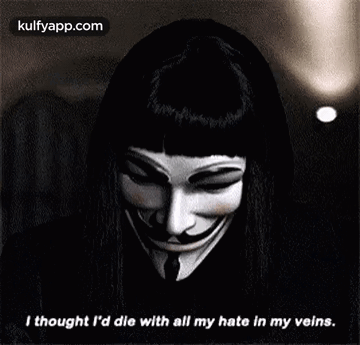
For a movie that made masks famous, I am sure what he meant was that he'd rather live behind a mask all his life, rather than attempt a normal life, as sometimes, it's easier to be fake, than be authentically yourself.
And, again, like Code Geass and Attack on Titan, he dies at the end.
The similarities in theme between Code Geass and V for Vendetta are startling, making me wonder how much of it was taken from the other.
Here are the other similarities:
- Protagonist focuses on theater, with an intentional focus on propaganda as a weapon
- Terror tactics, in the name of the Art of War
- Masterplanning, leaving little room for error
- Masks
V being good with knives, and the mecha in Code Geass are the major differences.

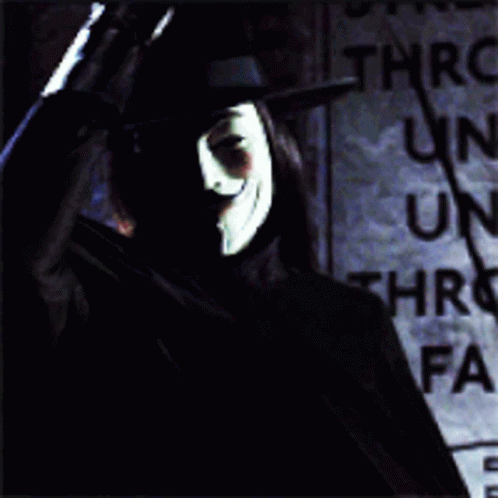
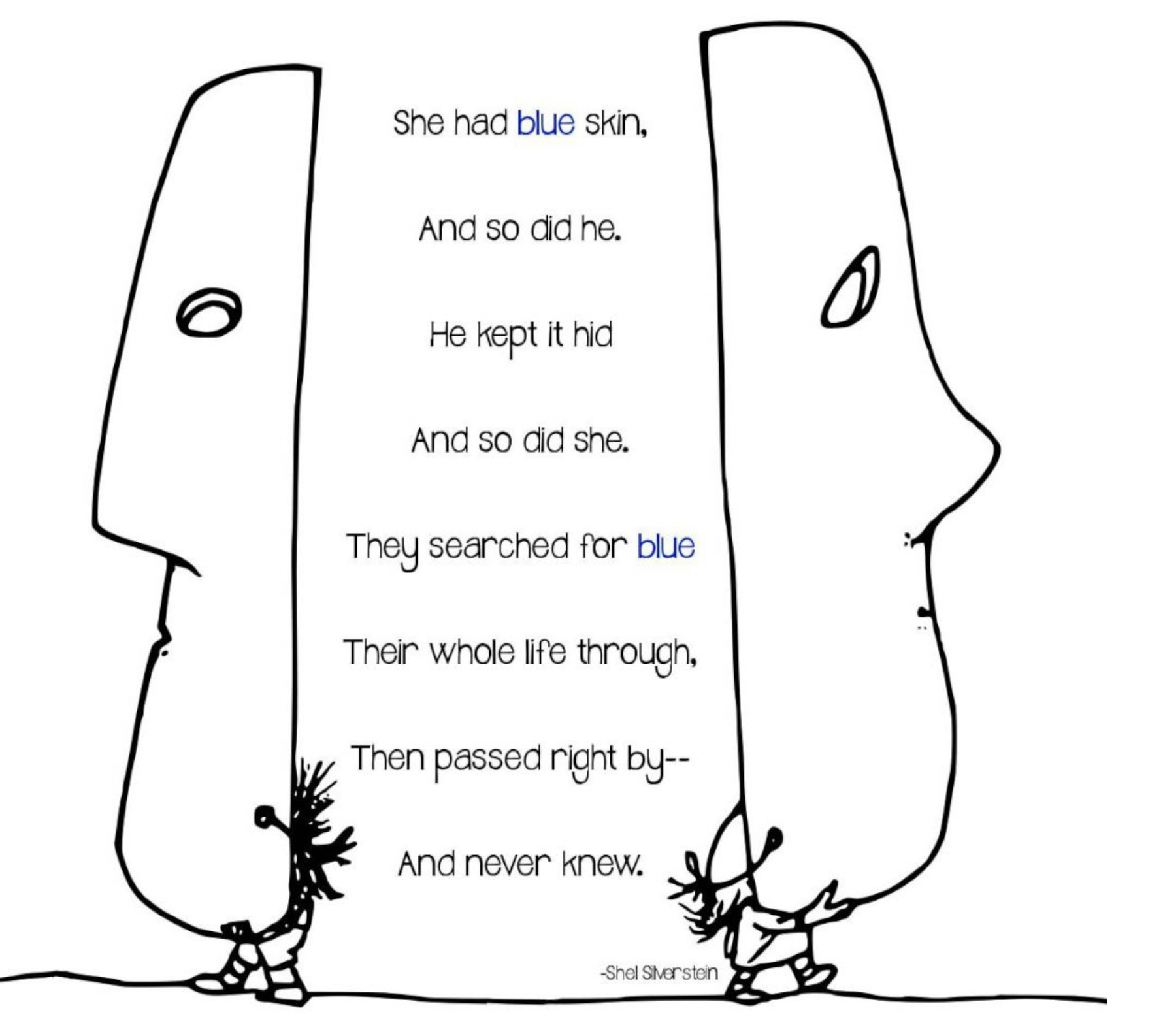
Lord of the the Rings
I read the books as a child, and I definitely thought the movies were better. I still appreciated the lyrical nature of the books.
It has a lot of beautiful writing and poems, but I remember getting stuck in the description of Helms Deep - I was just so confused as to what's going on, while the movie does a great job of showing visually the nature of a siege.
Now, Gandalf dies in the second movie.
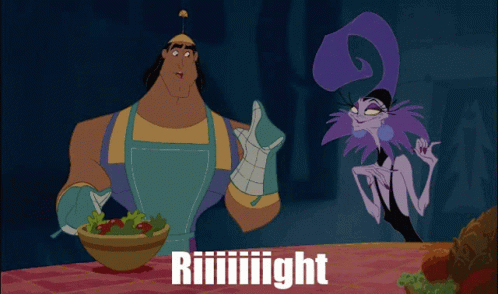
...and there are pretty direct references to resurrection, or re-incarnation.
With Gandalf being magical, an outsider, nearly immortal, wise, white haired and tall, I can see the comparisons to Jesus, or the Messiah Complex.
But unlike the darker anime above, and with Dune, I find Gandalf difficult to compare for these reasons:
I don't think Gandalf had a compulsion to save the world. I think it came naturally to him, and he did see himself as part of a larger work of which he was a major player, but still a single piece. I often think of Jesus as the ultimate savior. I am still confused about Jesus' resurrection, and its role in Christian theology, so I could be wrong here.
I believe Jesus surrendered a lot more, than any wizard in Lord of the Rings would even consider.
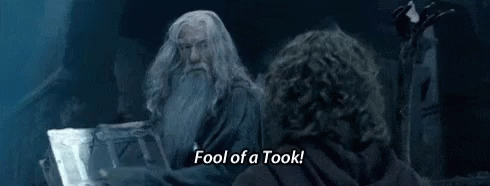
I remember when my mom saw this scene she said something that amounted to:
They should have not taken him on the mission if all they were going to do is shout at him.
I judged my mom, then, but her point is valid - both from her perspective (she might have watched for my sake), and the idea of telling a fool, that he is a fool.
But then, who isn't a sinner?
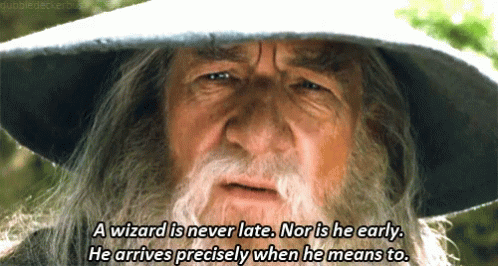
If Jesus were the kind, strict and wise person everyone wants in their lives, Gandalf seems like the angry old man who always saves the day, but he is needed because people exist to ruin his day.
Which is the same as ruining the day of everyone, on Middle earth, requiring fights with Balrogs and Nazgûls.
For example, here is an article that goes into a comparison between the two:
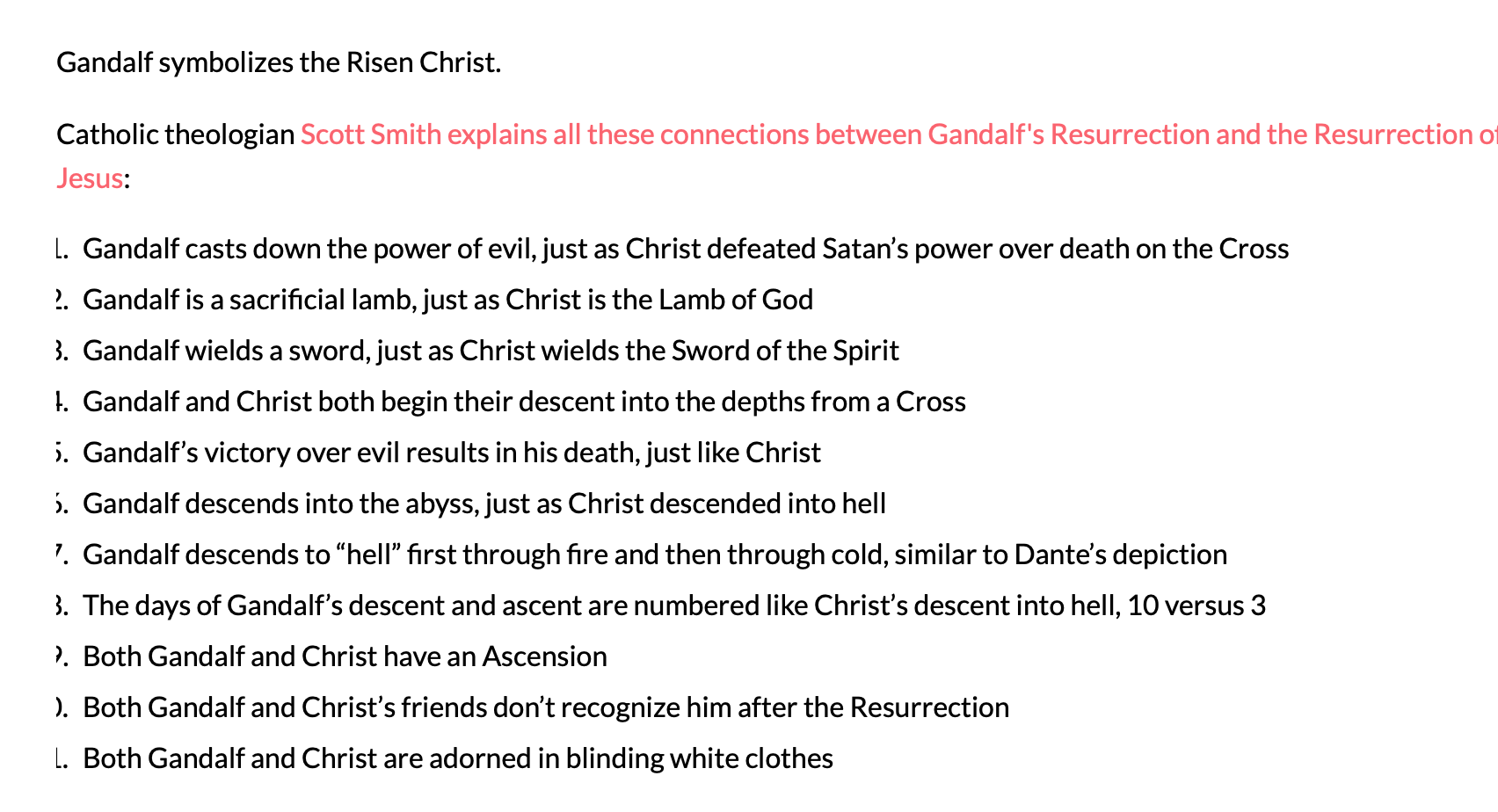
All of these make sense. In fact, there are more - both were exorcists.
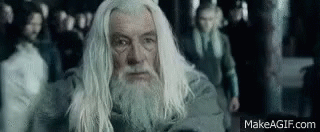
But I have difficulty in my mind comparing the two - a difficulty I don't share for Dumbledore and Jesus.
Gandalf did tobacco.
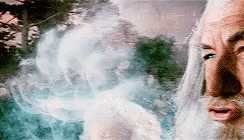
I am pretty sure Jesus was unapologetically himself - Gandalf wasn't.
Gandalf saw the ring, gave it to Frodo, went all the way to Gondor, discovered the ring's true nature, went back to Frodo, refused the ring, asked him to get going with the ring, then went to Saruman, and was delayed there while Frodo was stabbed by the Nazgul.


I feel if Jesus was there, he'd immediately make Frodo feel better, and take the ring himself.
This is the best I can do without reading more of the books....The amount of research people do is amazing, so I will link to those articles in the Appendix, and stop here.
Or will I?
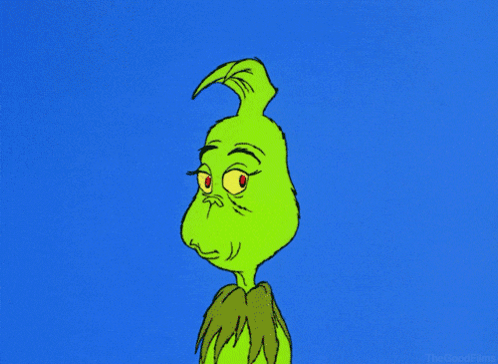
Before I stop, I just want to point out that the costume design for Amitabh in the Kalki movie, looks like Gandalf's costume.

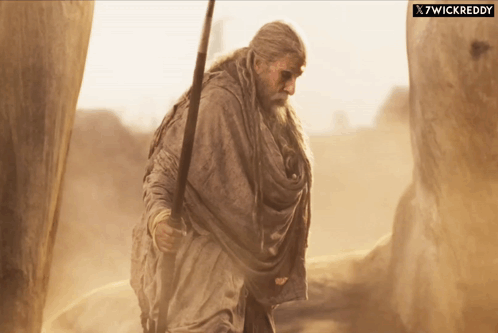
I didn't like that, or the other aspects of the rebellious, anti-Empire, anti-hero elements of Rebel Star Prabhas, which felt too much like Star Wars.
The force, on the other hand, feels like a well done manifestation of the siddhis.
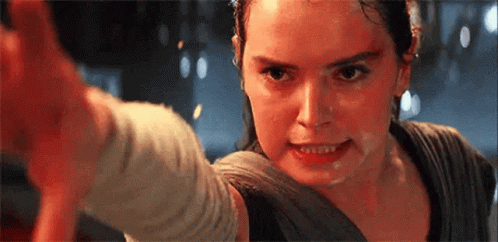

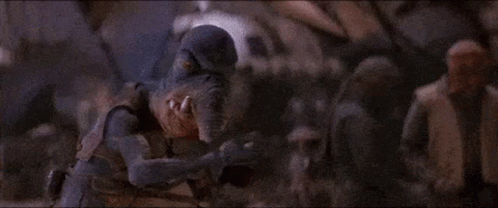
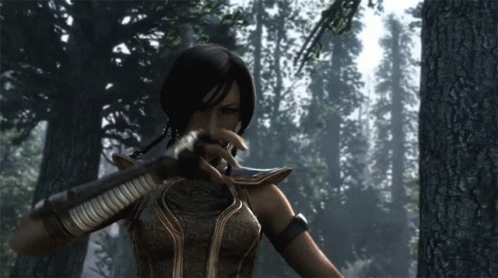
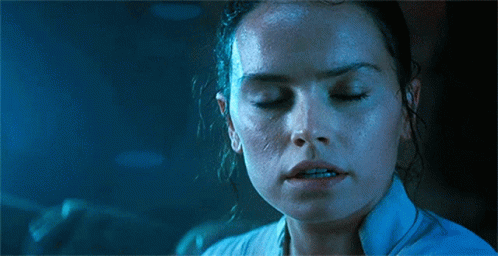
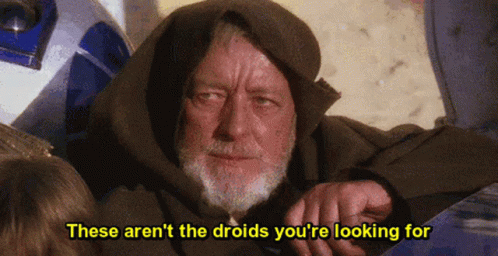
Sometimes, it does hurt that quality only happens once a foreigner falls in love with Asia, does a good adaptation, and is copied back into Indian thought but with worse CGI, and worse storytelling, making Maya Bazaar the best Indian epic, despite being released in 1957.
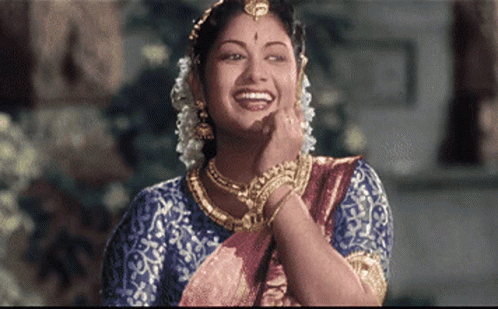
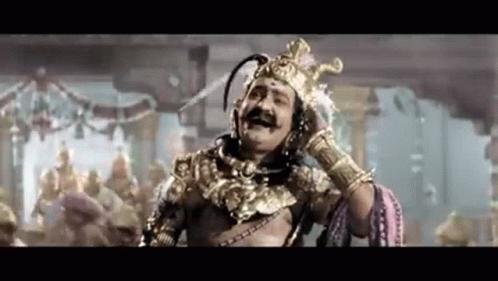
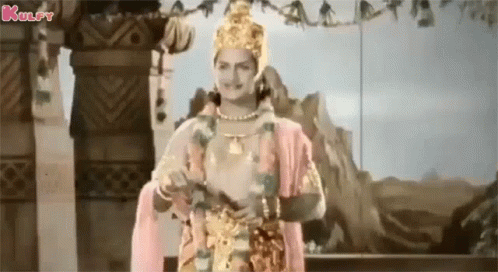
I did love the scene where one of the heroes** arrives to help, and his friend-hero was on his bum - sometimes, greatness can only be conveyed by showing strong people looking up for salvation.
Sometimes, only awe and fear are good ways to explain what's above, and I think that scene (and only that scene) captured 100% what I think of, when I think of the Mahabharata.

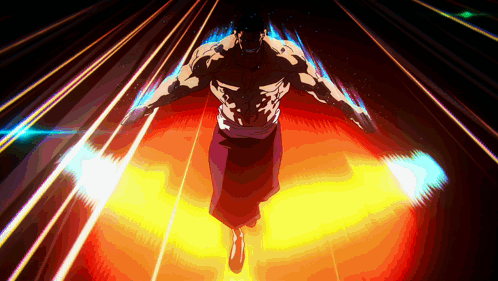
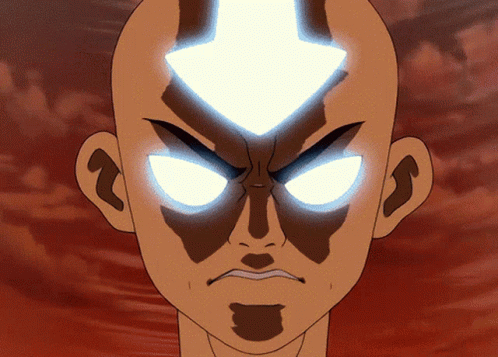
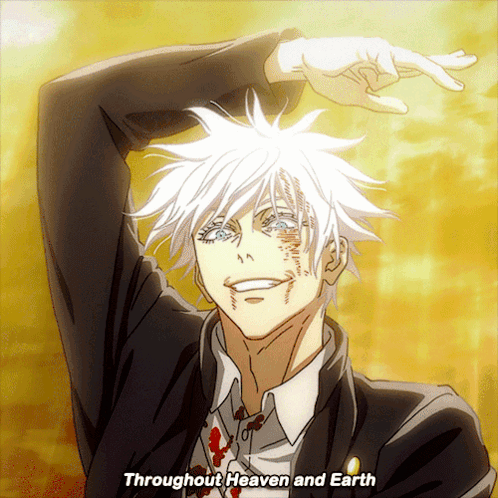
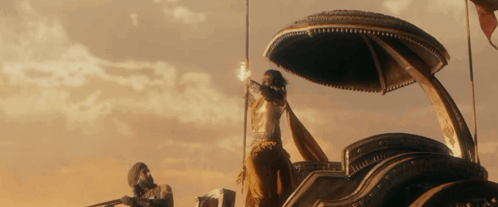
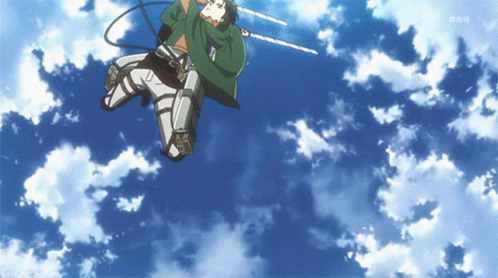
Appendix
Stack Exchange question on what Gandalf was upto during his duel with the Balrog. Recommend reading for fantasy fans, and for fun.
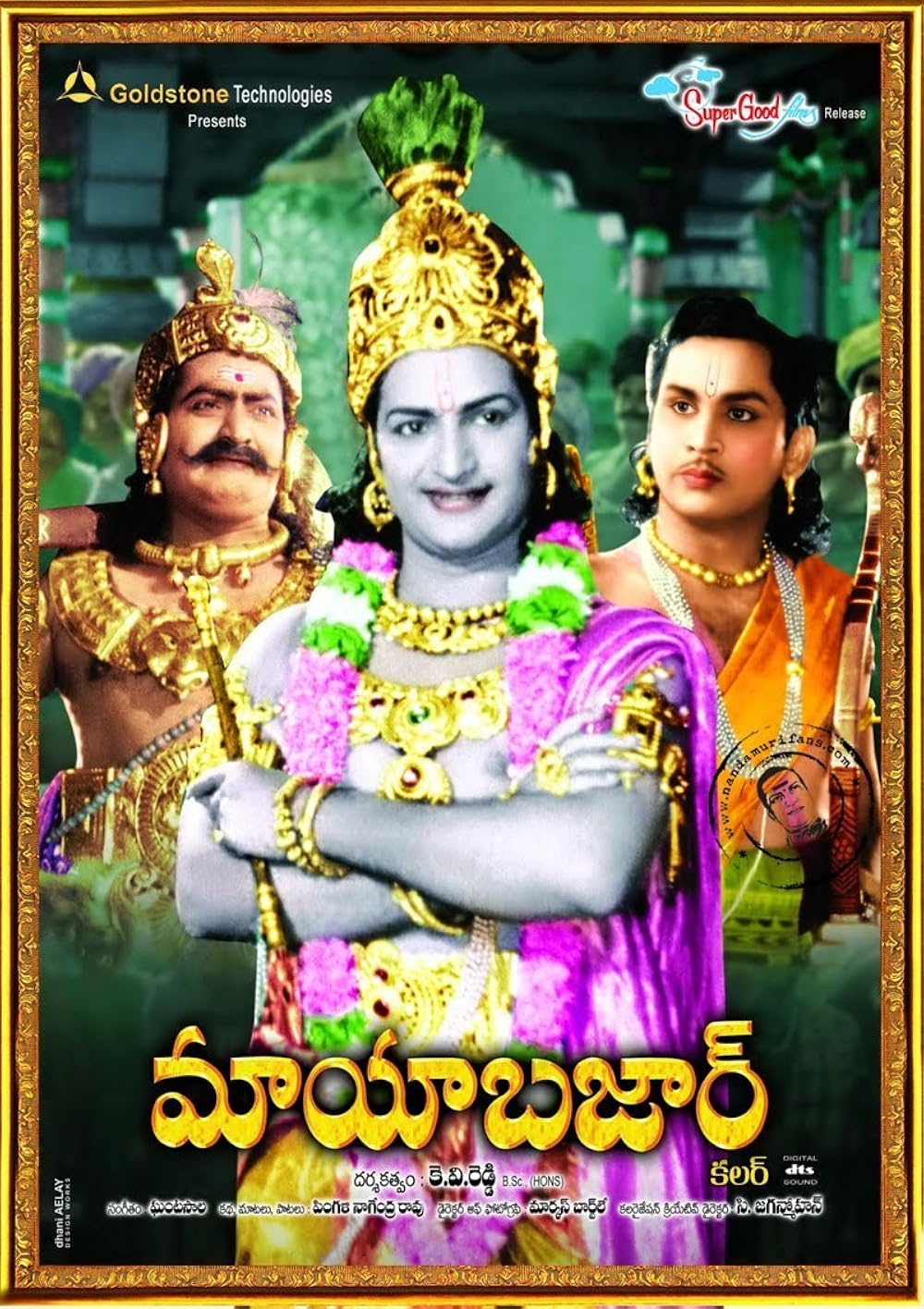
*I feel like I read this on a Youtube video comment - not entirely sure. Recommend checking out the comments on anime breakdowns. I wrote such an article, on this video.
**Avoided naming him, to avoid spoilers.
What is the oldest mention of Jesus Christ?
by in history
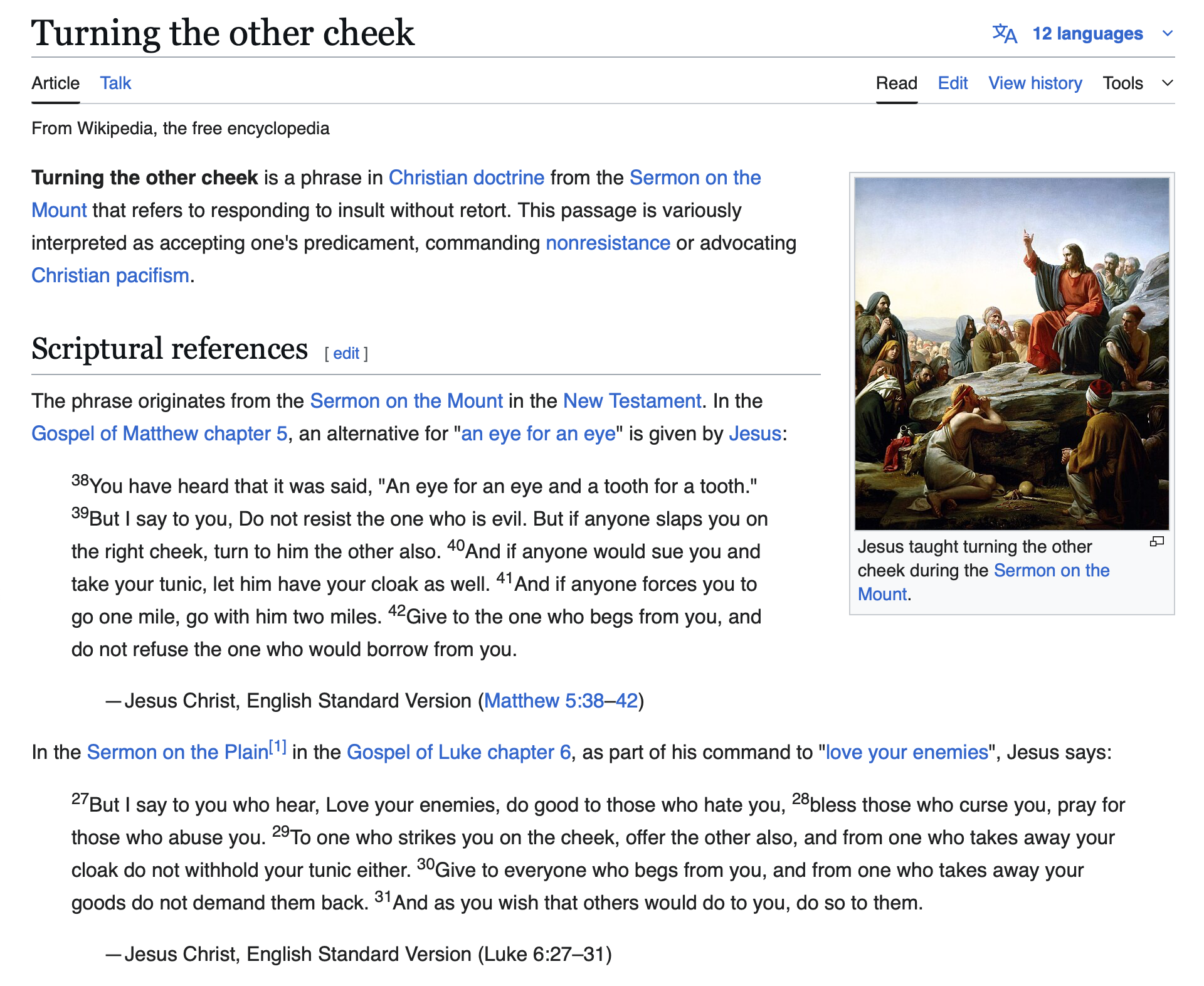


Member discussion